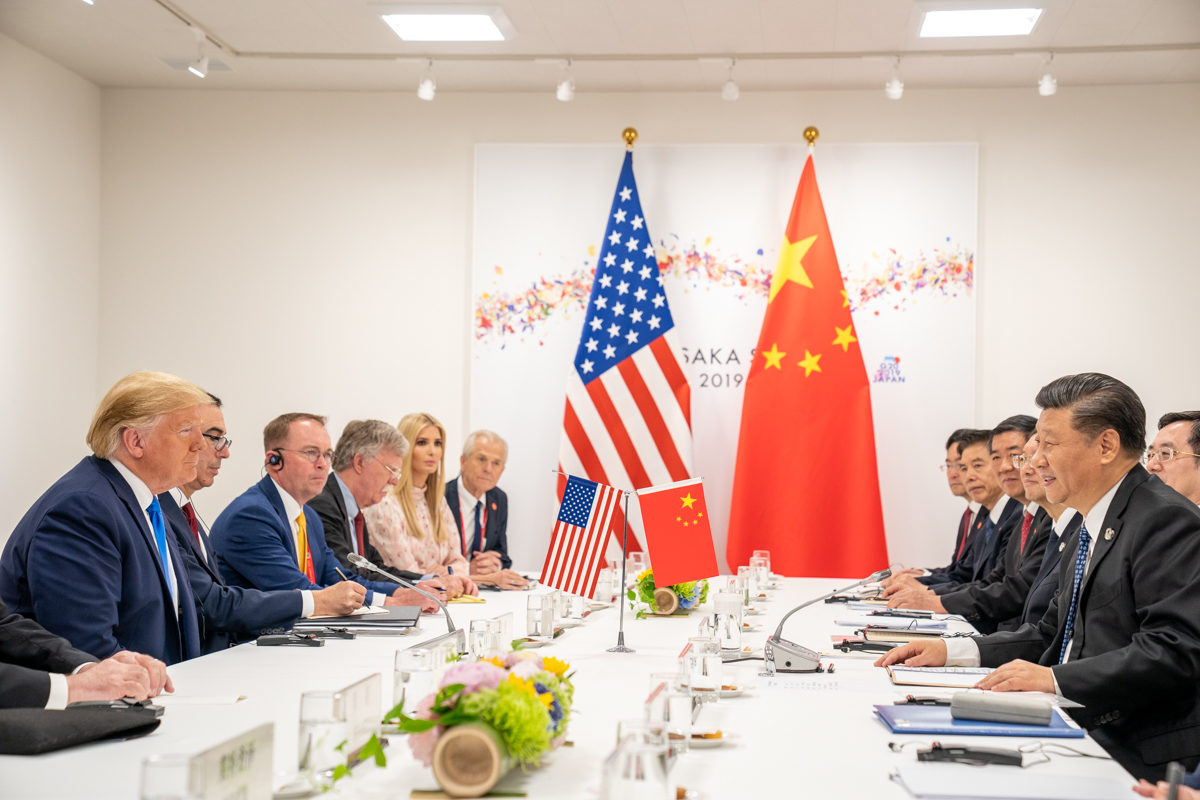The U.S.-China trade war will not pose a serious threat to the global power and renewable energy market, according to Fitch Solutions Macro Research, a unit of the Fitch Group.
In a brief report, the company claims that the new wave of tariffs that the Trump administration has imposed on Chinese goods — set to come into force on Sept. 1 — will mostly be beneficial to third-party solar markets, as restricted access to the U.S. market will push Chinese manufacturers to sell PV panels at lower prices in smaller solar markets, particularly throughout Asia.
“Chinese solar manufacturers will continue to be the biggest losers at present but remain resilient amid these trade tensions due to increasing global demand and large economies of scale,” Fitch's analysts claim.
However, Chinese module makers are still circumventing the new tariffs by setting up new manufacturing capacities in Southeast Asian countries such as Vietnam and Thailand, Fitch notes. The report also reveals that Chinese panel exports increased in the first half of this year, particularly to European markets such as the Netherlands and Spain, while exports to the U.S. dropped.
Minimal consequences
Popular content
Fitch also believes that the trade war will have a minimal impact on the future development of the U.S. solar sector, which is expected to expand significantly through the coming decade.
“Although the tariffs and higher price of PV equipment will increase costs for solar developers, threatening the economics of planned projects, the higher import costs of solar equipment are being partially offset by two factors: the supply of Chinese solar panels has increased as China’s growth in the sector slowed down, and developers are rushing to take advantage of a federal investment tax credit before it expires from 2022,” the report says.
Fitch also notes that the U.S. government has said that bifacial modules will no longer be subject to the Section 201 ruling. This could have an extremely positive impact on large projects with long construction timeframes.
However, Fitch experts are convinced that a trade deal between Donald Trump and Xi Jinping is unlikely in the near term, mainly due to “inherent structural disagreements.” That said, the global power and solar market will remain largely insulated from the trade war, Fitch claims, as most existing projects are not affected by any tariffs.
This content is protected by copyright and may not be reused. If you want to cooperate with us and would like to reuse some of our content, please contact: editors@pv-magazine.com.



2 comments
By submitting this form you agree to pv magazine using your data for the purposes of publishing your comment.
Your personal data will only be disclosed or otherwise transmitted to third parties for the purposes of spam filtering or if this is necessary for technical maintenance of the website. Any other transfer to third parties will not take place unless this is justified on the basis of applicable data protection regulations or if pv magazine is legally obliged to do so.
You may revoke this consent at any time with effect for the future, in which case your personal data will be deleted immediately. Otherwise, your data will be deleted if pv magazine has processed your request or the purpose of data storage is fulfilled.
Further information on data privacy can be found in our Data Protection Policy.